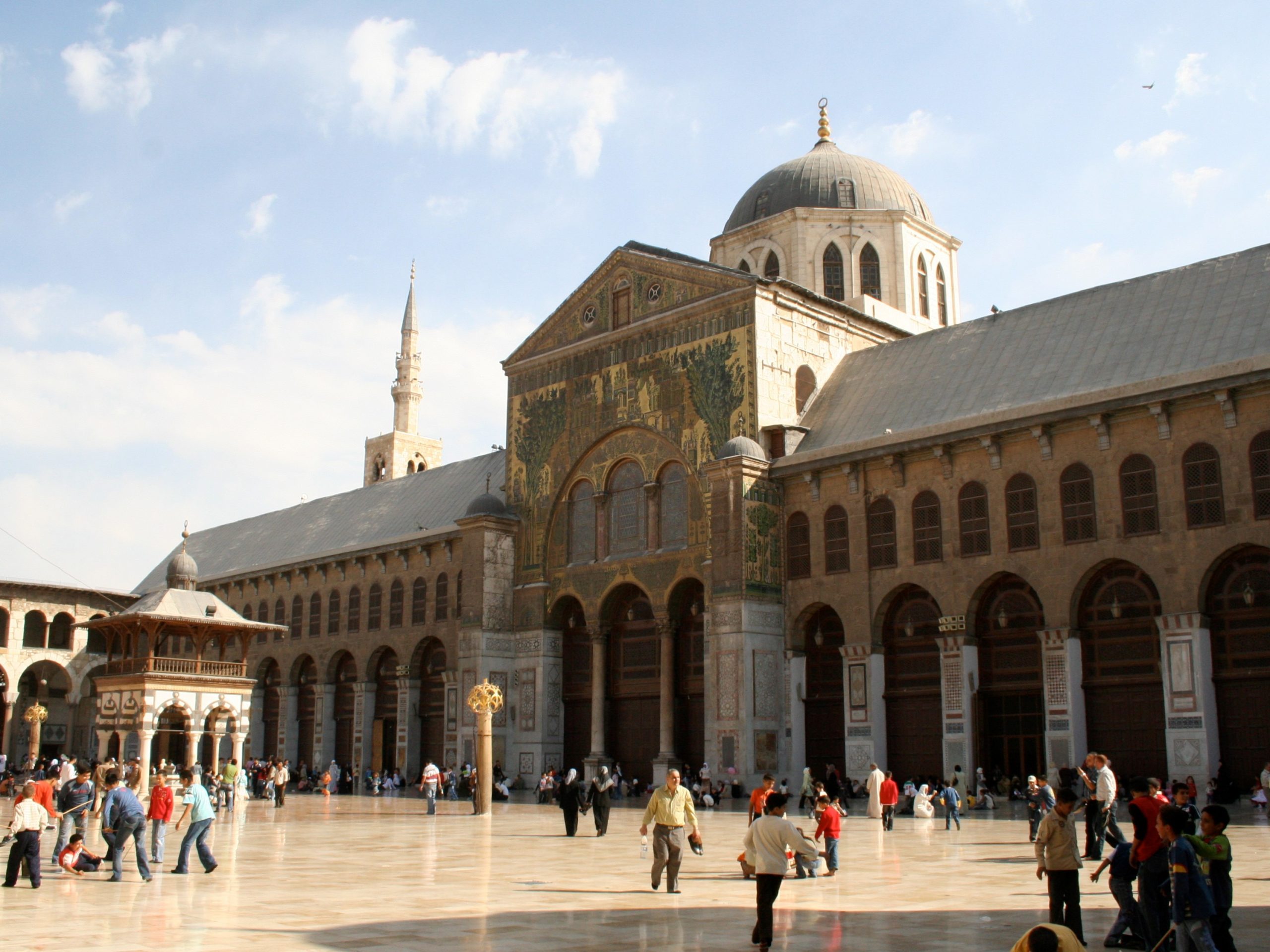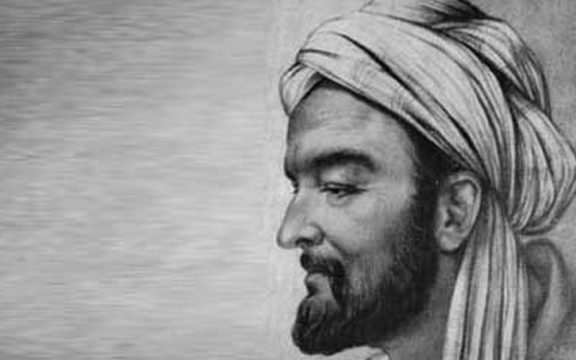Muawiyah ibn Abi Sufyan, the founder and the first caliph of Umayyad caliphate, was one of Prophet Muhammad’s companions who owns great and genius political instinct. In terms of religious tenet, Muslims perhaps tend to take after Ali ibn Abi Thalib who was well-known for his ijtihad on Islamic understanding. Meanwhile, in political realm, Muawiyah could be considered as the well pattern of political Muslim figure among other companions. Moreover, based on the historical records, Omayyad clan which he came from and their alliance such as Bani Khuzaimah and the Bani Tsaqif were famous Arabic tribes for their shrewdness in trading and bureaucracy.
In this regard, when the clash between Umayyad and Hashim clan occurred within battle of Shiffin, by his political maneuvers, Muawiyah was able to outfight Ali ibn Abu Thalib as the leader of Hashim clan and consequently, he took over the caliphate throne. Despite since political order requires cunning (al-harb khid’ah) while Ali ibn Abi Thalib had no such of this nature, Ali was unable to overcome the internal conflicts among his supporting soldiers consisting of diverse tribes in which this fact became another factor for Muawiyah’s victory.
Apart from his shrewdness in politics and the conflict between both, after Umayyad was established, Muawiyah–in his efforts to rebuild a caliphate spirited by Islamic tenet as once pioneered by the Prophet and the previous Caliphs–modeled on Prophetic policies to deal with the non-muslim citizens.
Based on the historical records collected by at-Tabari and al-Mas’udi, due to the remarkable tolerance of non-muslims and freedom of expression that were given in his time, Muawiyah was attributed a nickname al-Mustanir as-Samah (an enlightened and tolerant caliph). His wife named Maysun bint Bahdal al-Kalbiyyah, reputedly, was a Christian woman and there were many functionaries such as secretary of state, minister of finance, doctor to court poets, coming from Christianity background as well.
In his time and some caliphs thereafter, the caliph freed the establishment of churches and even provided state funds for its construction. Tarikh Syria wa Lubnan wa Philistin also notes that Muawiyah once appointed the governor of the Homs region from non-muslim circles, a Christian named Ibn Atsal. In addition, as mentioned by Ibn As-Shoirafi’s in his book entitled al-Isyarah ila Man Nala al-Wizarah, there were many great officials from non-muslim circles occupying important positions starting from viziers, governors up to the lowest state structure during Omayyad caliphate.
Given the records above, it is ironic that there are some current religious leaders mislead in understanding Islamic tenet especially on its spirit to conduct good relation with other believers. To some extents, such misleading is visibly showed on the refusal of non-Muslim leadership which is motivated by the Quran al-Maidah, verse 51. In accordance, religious worshiping places nowadays ironically are also targeted for violence. Both examples are obviously contradicted with Muawiyah and some thereafter Omayyad caliphs’ who instead employed non-Muslim leaders and helped them to build worshipping places.
Because of his tolerant policies, Christian adherents of the Maruniyyah (Maronite) and of the Syrian Orthodox cohort who had long polished–since hundreds of year before, precisely during the Chaldean council in 451–about the merging process of the will of godliness and the will of humanity within Jesus even beseeched him for conducting a decree determining an official view considered by the state. This phenomenon was alluring regarding that Muawiyah, in fact, was the out-group one but appointed to give decision.
Muawiyah, finally, conducted a decree determining Maruniyah’s as official view, nevertheless it did not mean that the state immediately ignored the Orthodox cohort. In respecting the right of the citizen of the Orthodox adherents, Muawiyah remained to support the establishment of Orthodox-affiliated churches mostly located in Homs, Hama and Ma’rah Nu’man. In this regard, Esoyahb Patriarch III, the leader of Babilonia Catholic, commented as mentioned in al-Masihiyyah al-Arabiyyah wa tatawwuratuha which was cited from Liber Epistularum as bellow:
“They (Muslims) are not enemies to Christianity. They even praised our religion, respected our clergy and saints, and provided relief funds for our churches and monasteries.”
Hence, I do believe that the phenomenon of churches, temples and other worshiping places assaulting acts by certain Muslim groups in the name of Islamic tenet is principally inauthentic and absolutely not rooted from the Prophet and his companions teaching.
For nowadays Muslims, those mentioned historical facts should be one of the pillars to respect other believers within their traditions and rejecting dishonor acts like assaulting of their worshiping places. Moreover, the Quran, surah al-Baqarah: 114 also states that Allah fulminates those who attack other believers’ worshiping places and attributes them as despotic. Wallahu a’lam
*This article is originally translated from Indonesian article on islami.co, written by Abdul Aziz https://islami.co/bukti-toleransi-agama-masa-khalifah-muawiyah-salah-satu-istrinya-non-muslim/
![Islami[dot]co](https://en.islami.co/wp-content/themes/jambualas/images/logo.png)

